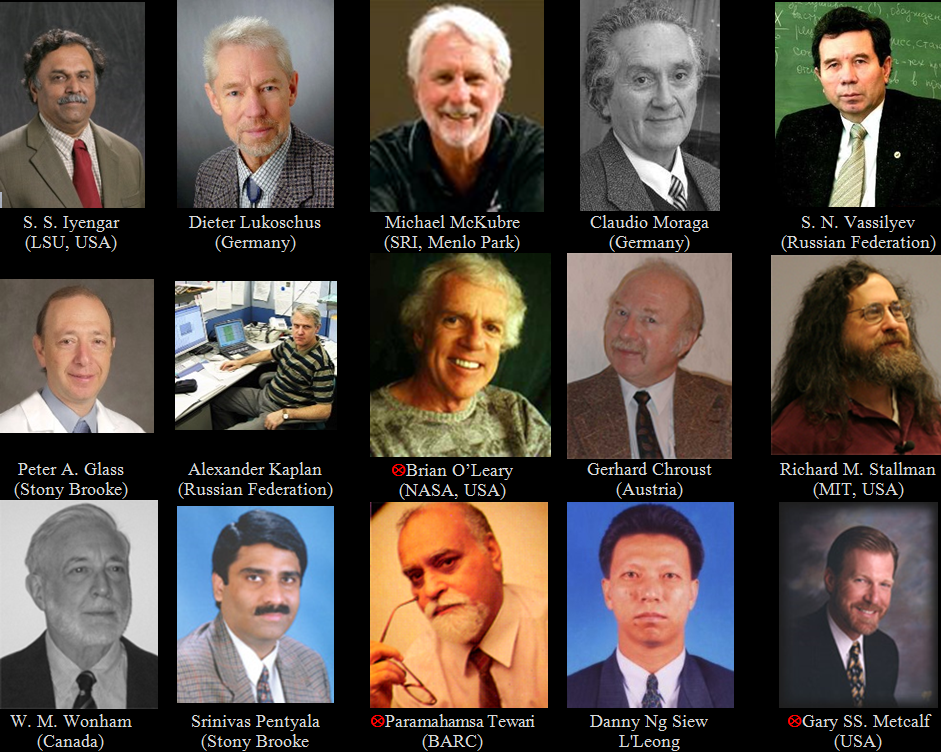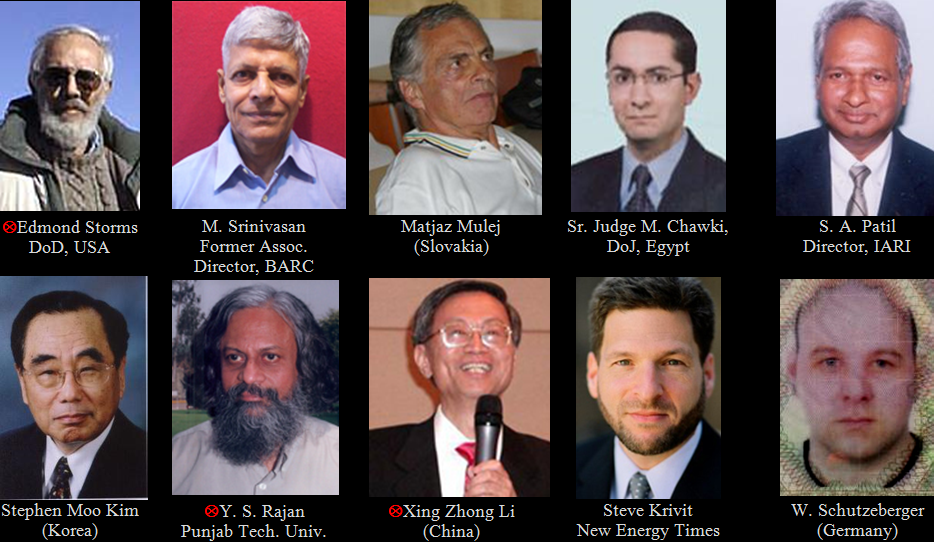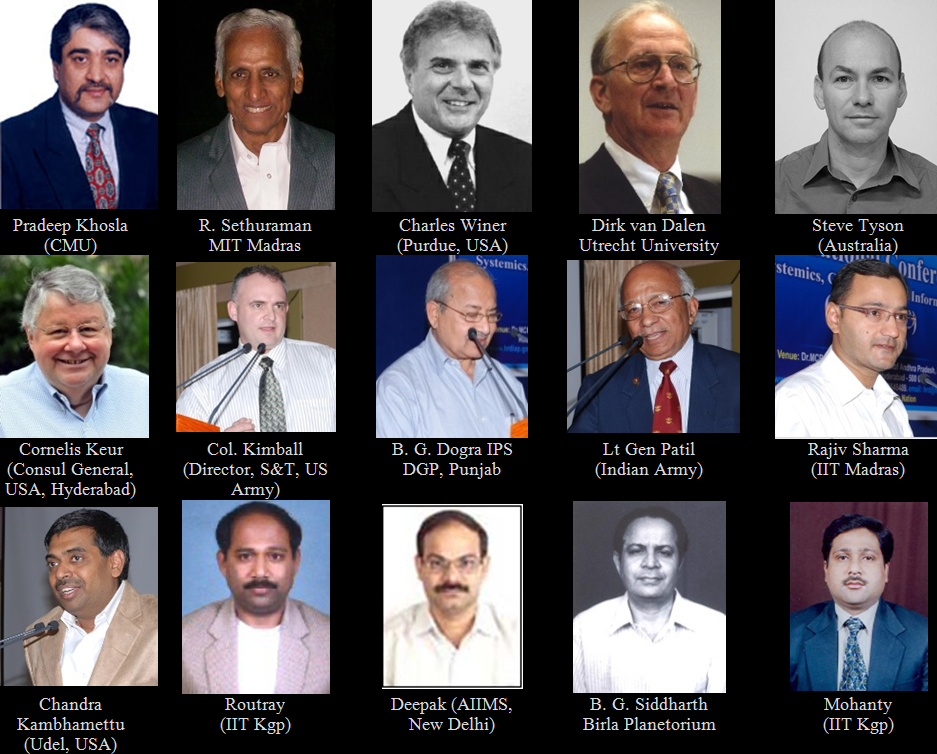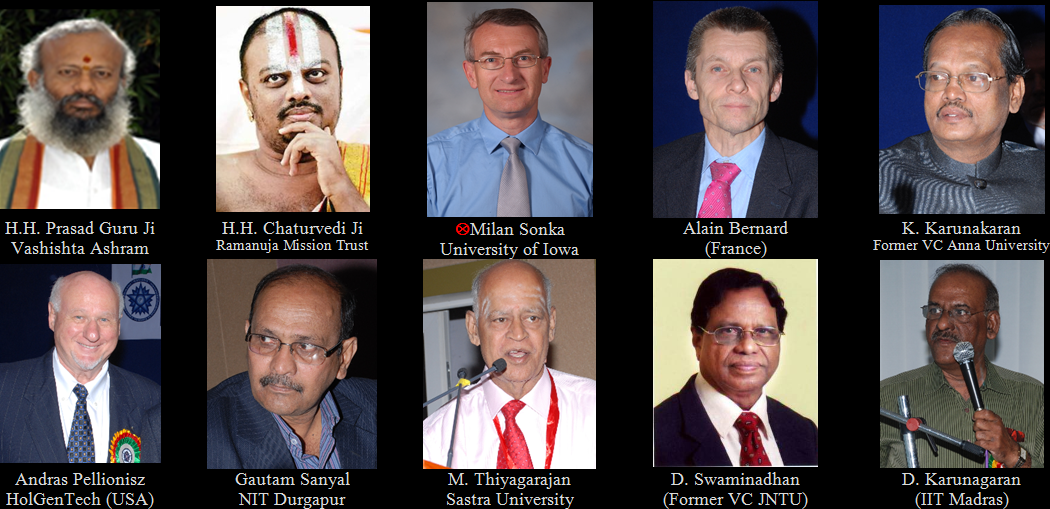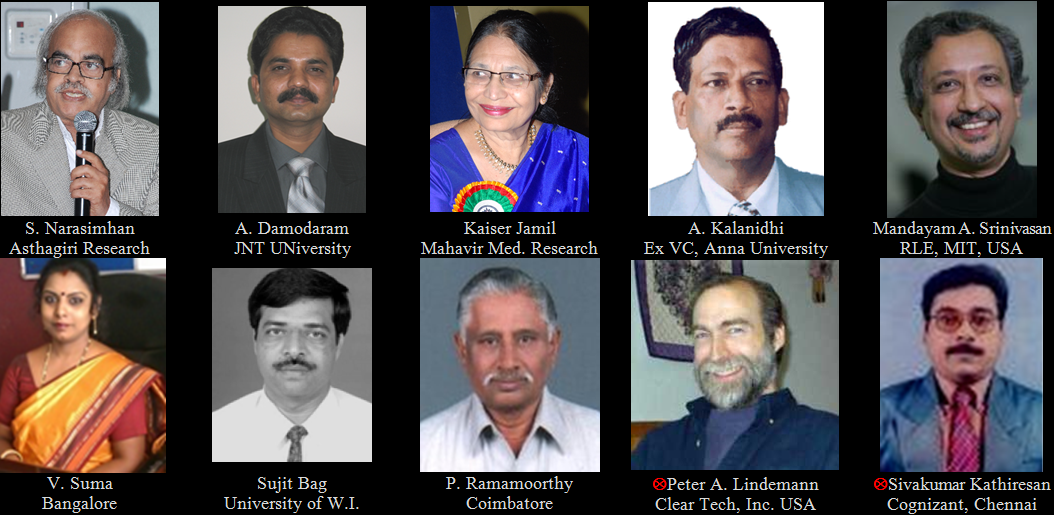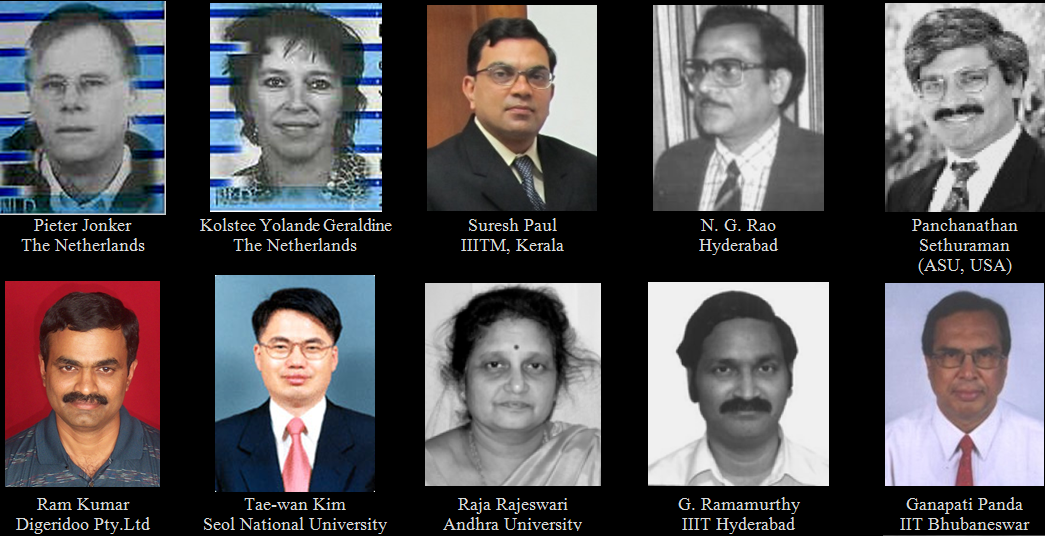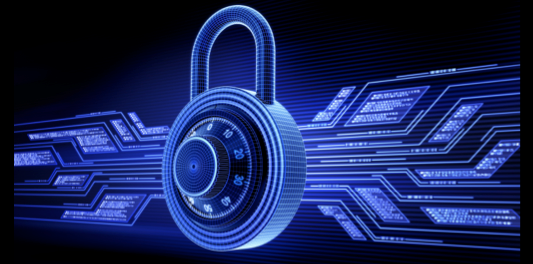|
|
Pentagram Technologies Maintained Under Section 59 of the Indian Partnership Firm Act, 1932 |
|||||||||||||||||||||||||||||||||||||||||||||
|
An Indian Partnership company incorporated at Hyderabad, India in February 11, 2022 Previously known as Pentagram Research Centre Private Limited incorporated in February 27, 1997 |
||||||||||||||||||||||||||||||||||||||||||||||
|
Mission: Better Technology Through Better Research |
||||||||||||||||||||||||||||||||||||||||||||||
|
Home | People | Departments | Products | Projects | Publications | Research | Journal | Conference | Alliance | Contact |
||||||||||||||||||||||||||||||||||||||||||||||
|
|
|
|||||||||||||||||||||||||||||||||||||||||||||
|
|
||||||||||||||||||||||||||||||||||||||||||||||
|
|
||||||||||||||||||||||||||||||||||||||||||||||
|
Pentagram Research Centre, Hyderabad, India honored distinguished people from all over the world every year during the international conference ICSCI. The awards fall under the following categories: Laureates, Distinguished Academicians, Distinguished Professionals, Distinguished Nationals, and Distinguished Administrators, |
||||||||||||||||||||||||||||||||||||||||||||||
| Conferences | ||||||||||||||||||||||||||||||||||||||||||||||
|
|
|
|||||||||||||||||||||||||||||||||||||||||||||
|
|
Technical Papers Presented (ICSCI-2004 to ICSCI-2014) |
|||||||||||||||||||||||||||||||||||||||||||||
|
||||||||||||||||||||||||||||||||||||||||||||||
|
|
GENERAL CATEGORY (for special and invited sessions) Vedic Sciences, Traditional Logic, Intuitionist Logic, Constructive Logic, Foundations of Mathematics and Physical Sciences, Mystic Sciences, Medical Practices, Philosophy, Alternative Energy, Beer Stafford's Cybernetics of Management, Administrative Practices, Knowledge Based Societies, Extra Terrestrial Objects and Life Functions, Principle of Dualism, Principle of Monism, Principle of Constructive Monism. SYSTEMICS CATEGORY System Architectures, ASIC Design, FPGA / CPLD Designs, Consumer Electronics, Control Systems, Numerical & Logical, Systems, Embedded Systems, Processors and EDA tools, Non Conventional Energy Resources, Lasers and Optical Systems, Parallel Architectures, Programmable DSPs and Applications, Systems on Chip Design, Soft Instruments, Test and Verification Tools / Development, Transaction Automation, VLSI Architectures, MEMS, Nano Technology, Molecular Electronic Devices, Systems Modeling and Simulation, Array processors, Space Surveillance Systems, Medical Instruments, Electronic Warfare Systems, Electronic Intelligence Systems, Molecular Electronics, Modern Communication Systems, Gene Processors, Image Acquisition Systems, Virtual Reality Systems, Wearable Computers, Network Components and Systems, Small Scientific Satellites, Space Systems , Space Radiation Effects on Integrated Biological Systems... CYBERNETICS CATEGORY Algorithms, Heuristic Algorithms, Genetic Algorithms, Evolutionary Algorithms, Theory of Computer Science, Factory automation, Military / Aerospace Applications, Electronic Intelligence in Combat Space, Guided / Autonomous Weapon Control, Multi sensor Fusion, Artificial Intelligence & Applications, Knowledge-Based Systems, Neural Networks and Fuzzy Control, Cellular Automata and Applications, Transport Systems Control, Machine Learning, Human Computer Interfaces, Human interaction in complex systems, Visual System Cybernetics, Machine Vision, Cybernetics of Living Matter, Symbolic Computing, Molecular Computing, Quantum Computing, Electronic Counter / Support Measures, Robotics and Machine Vision, Pattern Recognition and Analysis, Real Time Operating System, Satellite Imaging, Astronomy and Space Science, Stafford Beer's Cybernetics INFORMATICS CATEGORY Biomedical Engineering Applications, Signal and Image Processing, Multimedia & Virtual Reality, Computer Network, Protocols and Security, Radar / Sonar Signal Processing, Optical Character Recognition, Speech / Audio Signal Processing, Data Communication Methodology, Management and Information Technology, Telemetry, Space Surveillance Techniques, Health Care Informatics, Image Compression Techniques, Coding and Cryptography, Digital Watermarking Methods, CDMA / Mobile Communication Techniques, Celestial Informatics, Mathematical Theories, Vedic Sciences, Machine Translation of Languages, Knowledge-based Drug Discovery, Micro Array Image Analysis |
|||||||||||||||||||||||||||||||||||||||||||||
| Invited Speakers (ICSCI-2004 to ICSCI-2014) x People who accepted our invitation but could not participate in the conference due to personal reasons | ||||||||||||||||||||||||||||||||||||||||||||||
|
|
||||||||||||||||||||||||||||||||||||||||||||||
| Recent Workshops and Special Sessions (Partial Presentation) | ||||||||||||||||||||||||||||||||||||||||||||||
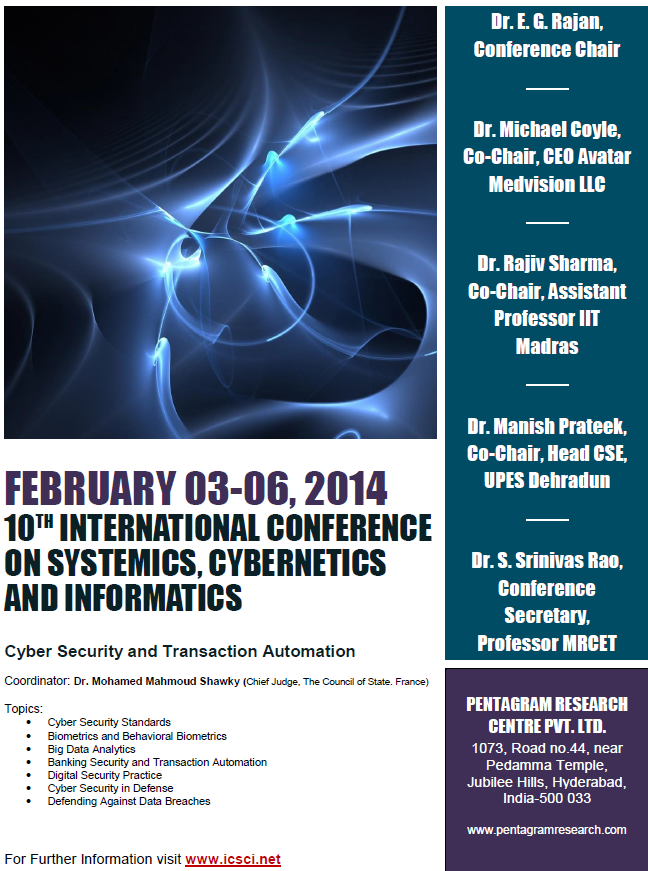 |
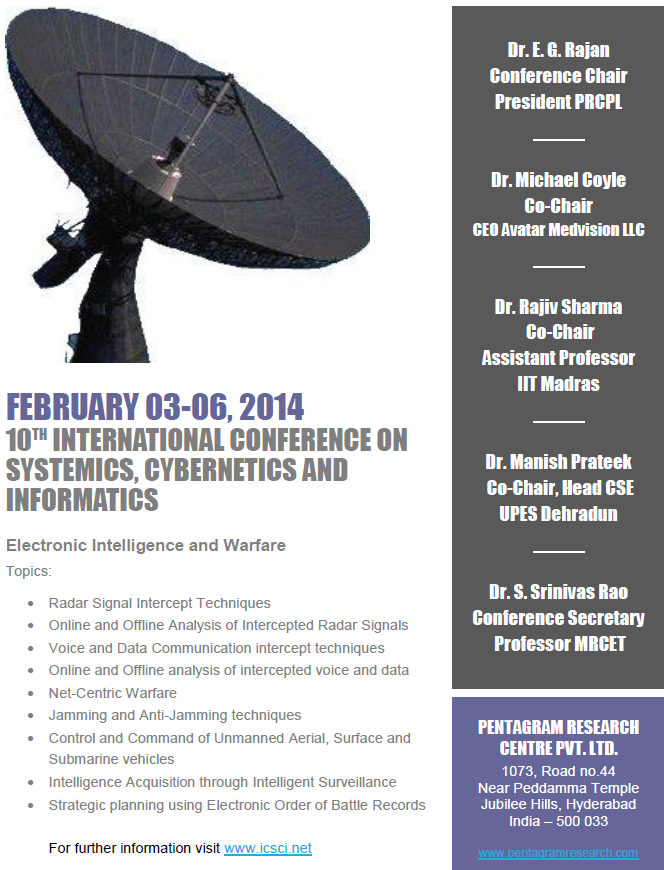 |
|||||||||||||||||||||||||||||||||||||||||||||
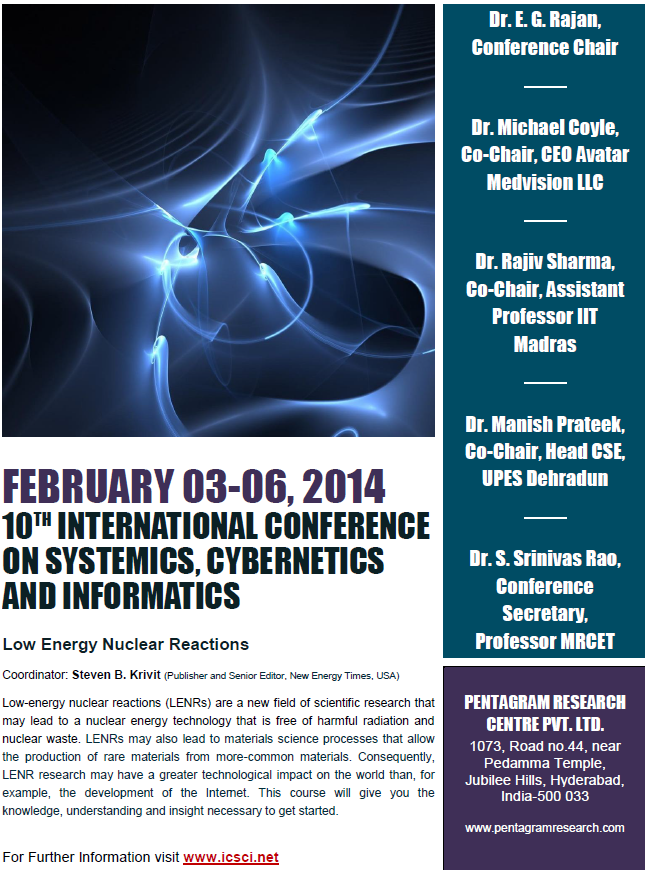 |
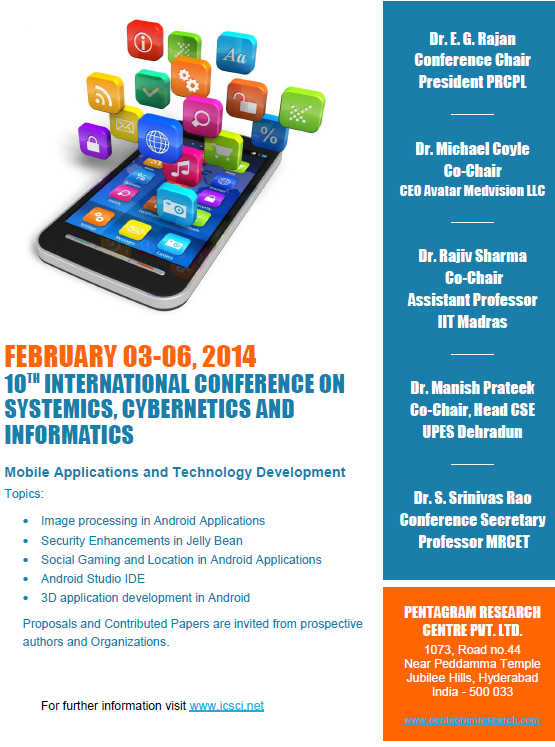 |
|||||||||||||||||||||||||||||||||||||||||||||
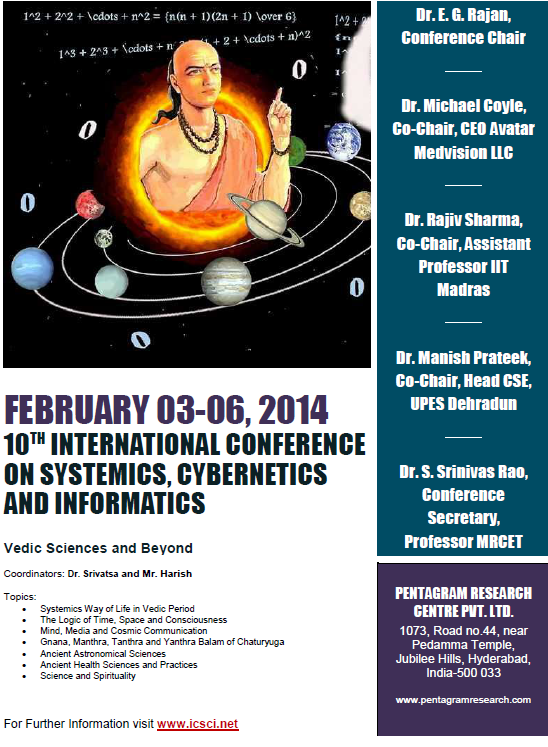 |
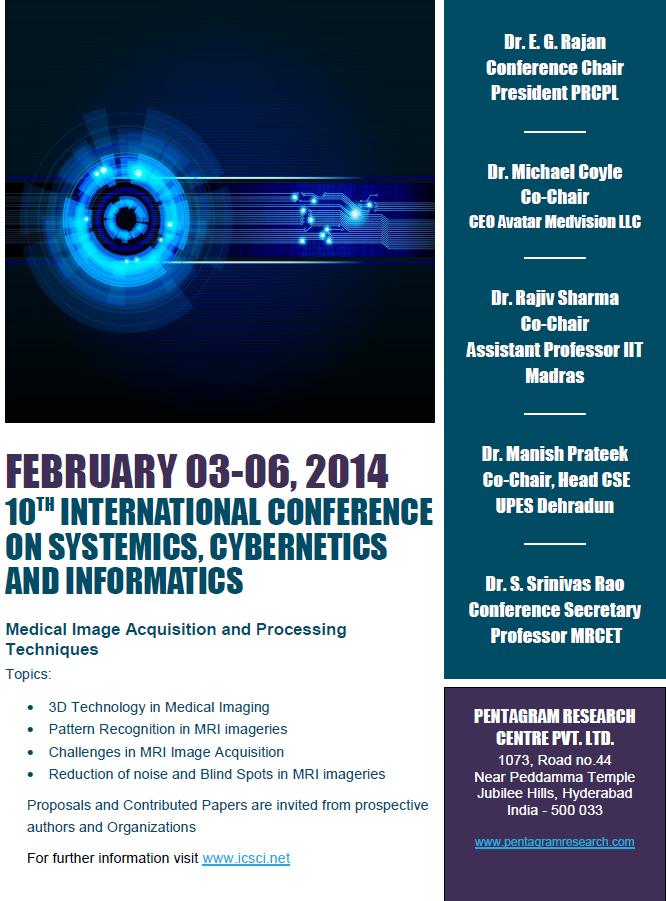 |
|||||||||||||||||||||||||||||||||||||||||||||
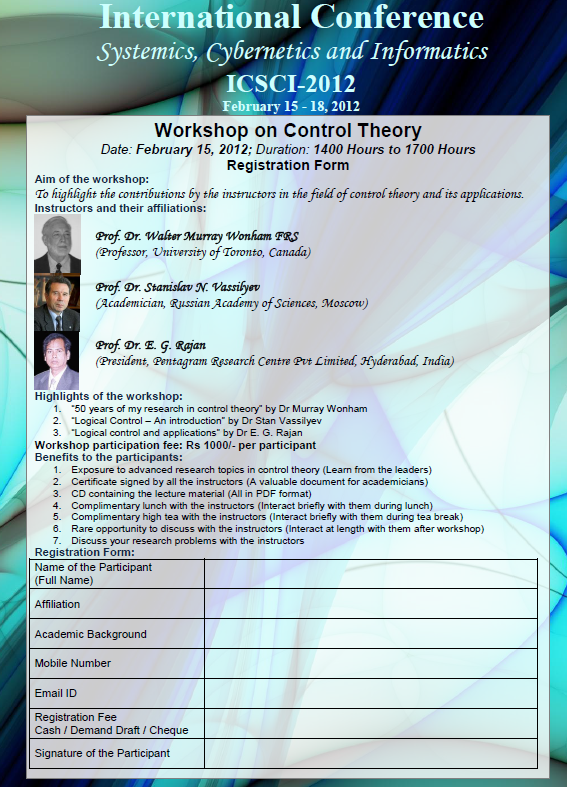 |
ICSCI-2009 Panel Session on National Security - Dream or Reality Date: January 8, 2009 1000 Hours to 1300 Hours Expected Panelists x People who could not participate due to personal inconvenience
|
|||||||||||||||||||||||||||||||||||||||||||||
|
INTERNATIONAL CONFERENCE SYSTEMICS, CYBERNETICS AND INFORMATICS ICSCI - 2004 Under the aegis of Pentagram Research Centre Pvt. Ltd. February 12-15, 2004 Venue: Dr. MCR HRD Institute, Govt. of Andhra Pradesh, Hyderabad
|
INTERNATIONAL CONFERENCE SYSTEMICS, CYBERNETICS AND INFORMATICS ICSCI - 2007 Under the aegis of Pentagram Research Centre Pvt. Ltd. January 04-07, 2007 Venue: Dr. MCR HRD Institute, Govt. of Andhra Pradesh, Hyderabad
Tutorial Prof. A G Ramakrishnan, IISc, Bangalore, India Title: Gabor Filters in Image Processing Duration: 180 minutes. Intended audience: Academia, college students (senior undergraduate and postgraduate students), industrial research community. Learning objective: The audience will learn the following from the tutorial: Basics of Gabor Filters and its application to image processing. Text extraction from complex images. Script recognition in multiscript scenarios. Texture Segmentation Overview : Gabor formulated a function for both as well as spectral analysis of music signals in 1947. Ever since these functions, called after him as Gabor functions, have extensively been used for signal analysis. These functions, in their 2D form, are used for various kinds of image analysis applications. They are used for texture segmentation, face detection and recognition, text detection and localization in document images, script identification in multi-script scenarios etc. The advantages of Gabor filters over other features are many of which (i) that they simulate the human visual system, (ii) that they are direction dependent, (iii) that they are both localizable in space and frequency, (iv) they meet the equality criteria in the uncertainty principle, are some worth mentioning. The present tutorial would deal with introduction to the various properties of Gabor filters, various applications, in brief, for image analysis algorithms. We would also give an application specific introduction to extraction of text from complex images and script identification in multiscript scenarios. Outline : Brief introduction to Gabor filters Various properties of Gabor filters Image texture analysis using Gabor filters Text extraction: introduction and applications Script Identification: introduction Gabor features for text detection and script identification Discussion and future scope Brief introduction of the speaker: Prof. A G Ramakrishnan is an Associate professor with the Department of Electrical Engineering at Indian Institute of Science, Bangalore. He holds a PhD from IIT Madras. He has been teaching subjects like Digital Image processing, Computer vision, Biomedical Signal processing and Biometrics at IISc, Bangalore. He has guided both Masters and PhD students in areas related to biomedical signal processing, image processing, pattern recognition and speech processing. He has a rich experience of industry interaction. He is a fore-runner in development of language technologies for various Indian languages in the field of OCR and speech synthesis. He is a Member of the Working Groups on Character Recognition and Speech Technology of the Linguistic Data Consortium on Indian Languages. |
|||||||||||||||||||||||||||||||||||||||||||||
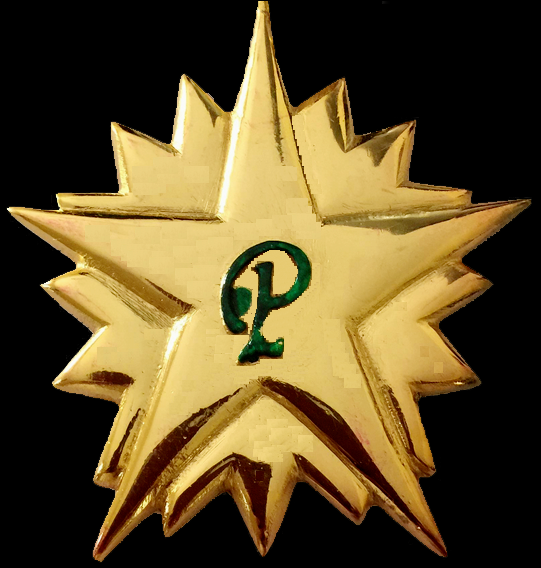
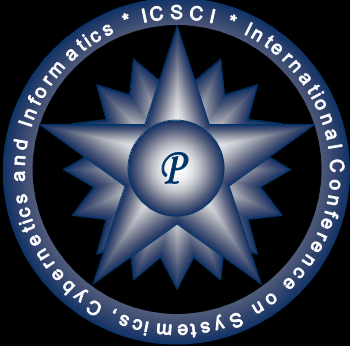 Pentagram Research
Centre, Hyderabad, India organized International
Conferences on Systemics, Cybernetics and Informatics (ICSCI) since
2004 without commercial motive.
Pentagram Research
Centre, Hyderabad, India organized International
Conferences on Systemics, Cybernetics and Informatics (ICSCI) since
2004 without commercial motive. 